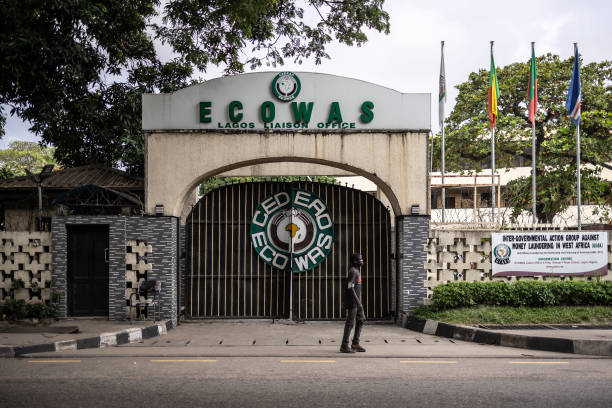
ECOWAS COURT DISMISSES HUMAN RIGHTS CASE AGAINST GHANA OVER MURDER OF JOURNALIST HUSSEIN-SUALE
By Aishat Momoh. O.
The ECOWAS Community Court of Justice has dismissed all human rights violation claims filed against the Republic of Ghana by the family and estate of murdered investigative journalist Ahmed Hussein-Suale Diveala.
The case, brought by Yunus Al-Hassan—Hussein-Suale’s biological brother—and the journalist’s estate, alleged that the Ghanaian government failed in its obligations to protect Hussein-Suale despite prior threats, investigate his murder effectively, and ensure a safe environment for journalists.
Hussein-Suale, a 31-year-old reporter with Tiger Eye P.I., was shot dead near his home in Accra on January 16, 2019. He had gained international recognition for his work exposing judicial corruption and ritual killings of disabled children. The plaintiffs also cited alleged incitement from Ghanaian MP Kennedy Agyapong, who reportedly made public threats against the journalist before his assassination.
The government of Ghana, in its defense, denied all claims and outlined the steps taken in response to the murder, including arrests and investigations.
While the ECOWAS Court found the application admissible, it ruled that the applicants failed to provide sufficient evidence linking the government to the murder or proving any breach of international human rights obligations.
The Court concluded that although the killing was tragic and deeply concerning, there was no evidence to establish state complicity or failure amounting to a violation of the rights to life, dignity, or expression.
Accordingly, the Court dismissed the case for lack of merit and ordered that each party bear its own legal costs, marking the end of a high-profile case that tested the boundaries of press freedom, state responsibility, and human rights accountability in West Africa.
